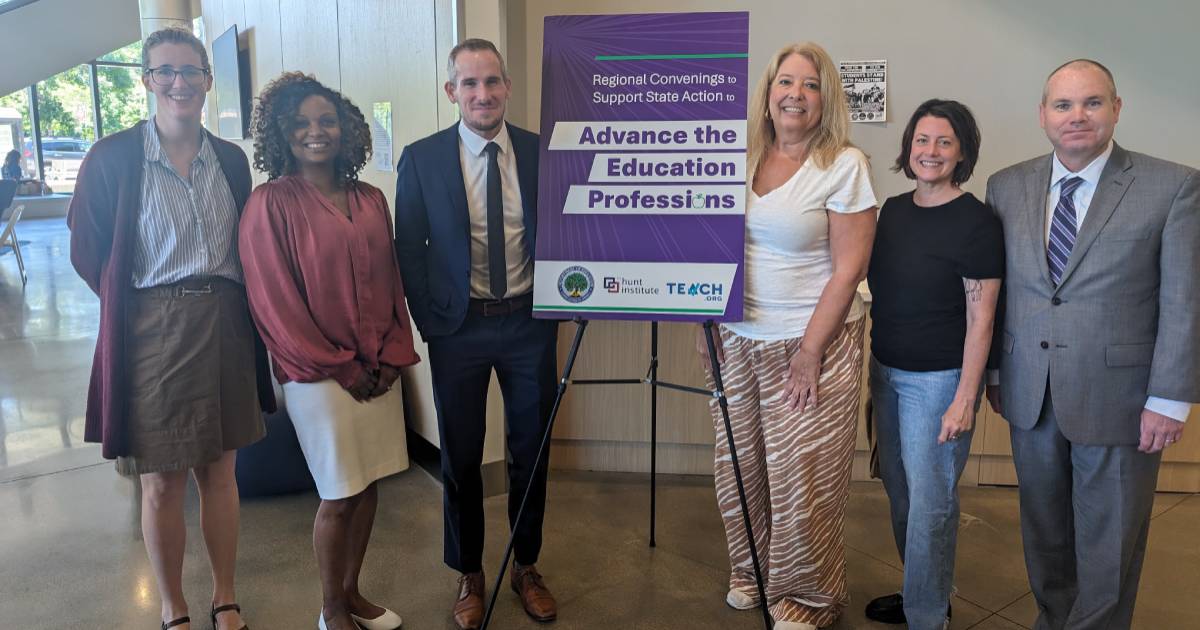The United States is facing a nationwide crisis in the educator workforce, with states and districts struggling to attract and retain qualified educators. Students bear the brunt of this crisis. Their classrooms are more crowded, the teaching staff is overburdened, and many of their teachers do not come from backgrounds like their own. Vacancies disproportionately impact schools in high-poverty neighborhoods and schools serving students of color.
RELs are actively collaborating with state and local education agencies to build capacity and implement evidence-based strategies to address these challenges. Additionally, the U.S. Department of Education’s Office of Planning, Evaluation, and Policy Development (OPEPD) is leading the charge and recently held three Regional Convenings to Support State Action to Advance the Education Professions. The convenings focused on three of the most pressing issues in the educator workforce: diversity, compensation, and pathways into the profession. Attendees included staff from state education agencies, universities, teacher unions, legislatures, governor’s offices, school districts, and other agencies. The diverse attendance underscores the need for cross-sector collaboration to confront the educator workforce crisis. Schools can’t fix these issues by themselves.
I had the opportunity to represent REL Mid-Atlantic at one of these convenings and learn directly from states about their collaborative approaches to tackling these challenges—including two model strategies from our Mid-Atlantic partners.
Below are some highlights.
Incentivizing excellence in classroom teaching
The Maryland State Department of Education described its career ladder system, implemented under the Blueprint for Maryland’s Future. The system provides additional compensation for earning advanced degrees or National Board Certification, and establishes a Teacher Leadership Track that provides educators with opportunities to serve as instructional leaders without moving them to an administrative role. These activities include improving instruction, identifying and working with students who need extra support, and leading or participating in professional learning.
Giving aspiring educators experiential learning opportunities
The Delaware Department of Education highlighted its pilot apprenticeship program, which places aspiring educators in residencies as substitute teachers, paraprofessionals, and tutors or as release-time support for existing teachers—or pairs them with a mentor teacher. This gives the resident hands-on experience while providing students with more one-on-one support and relieving the burden on classroom teachers.



